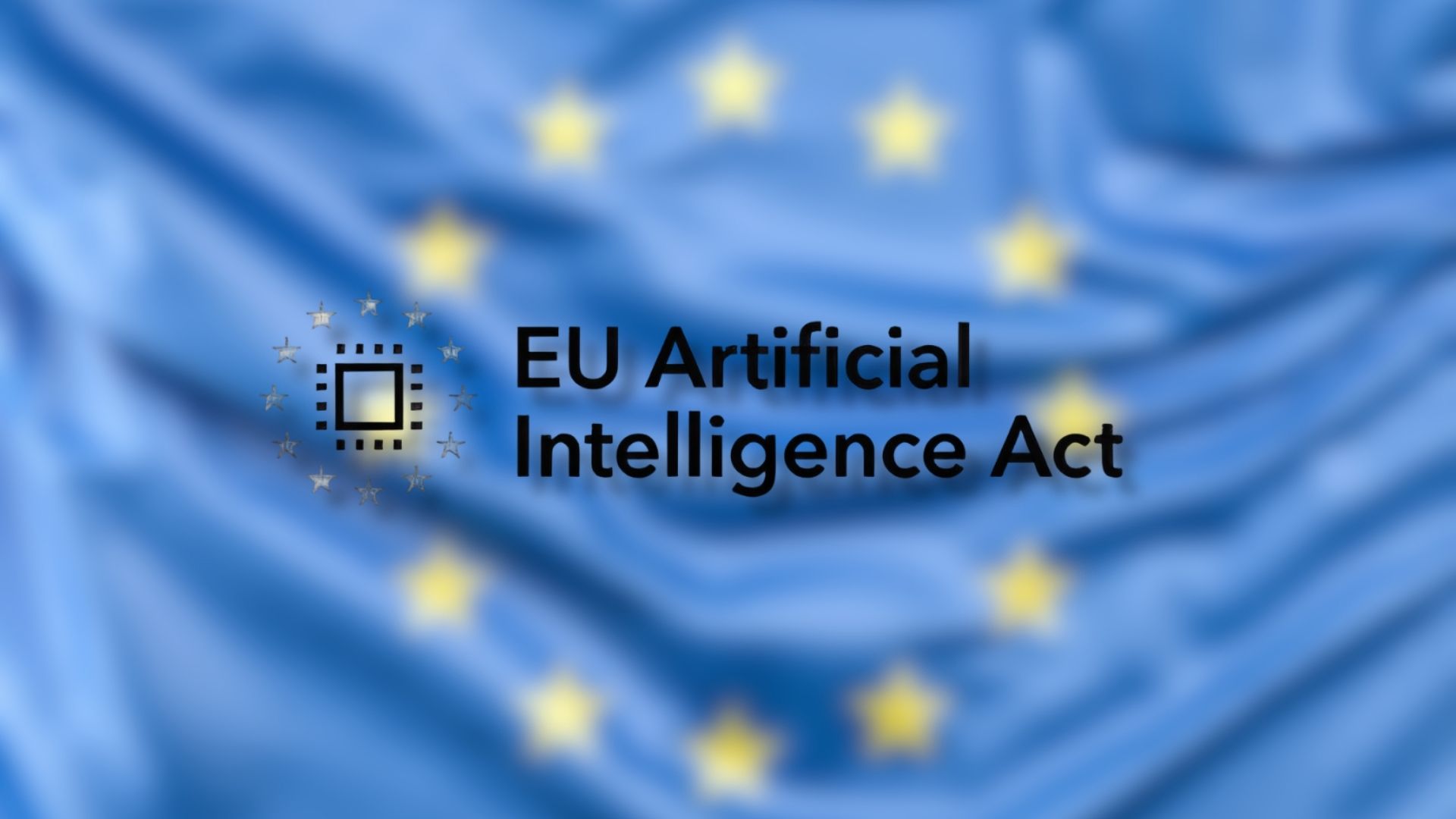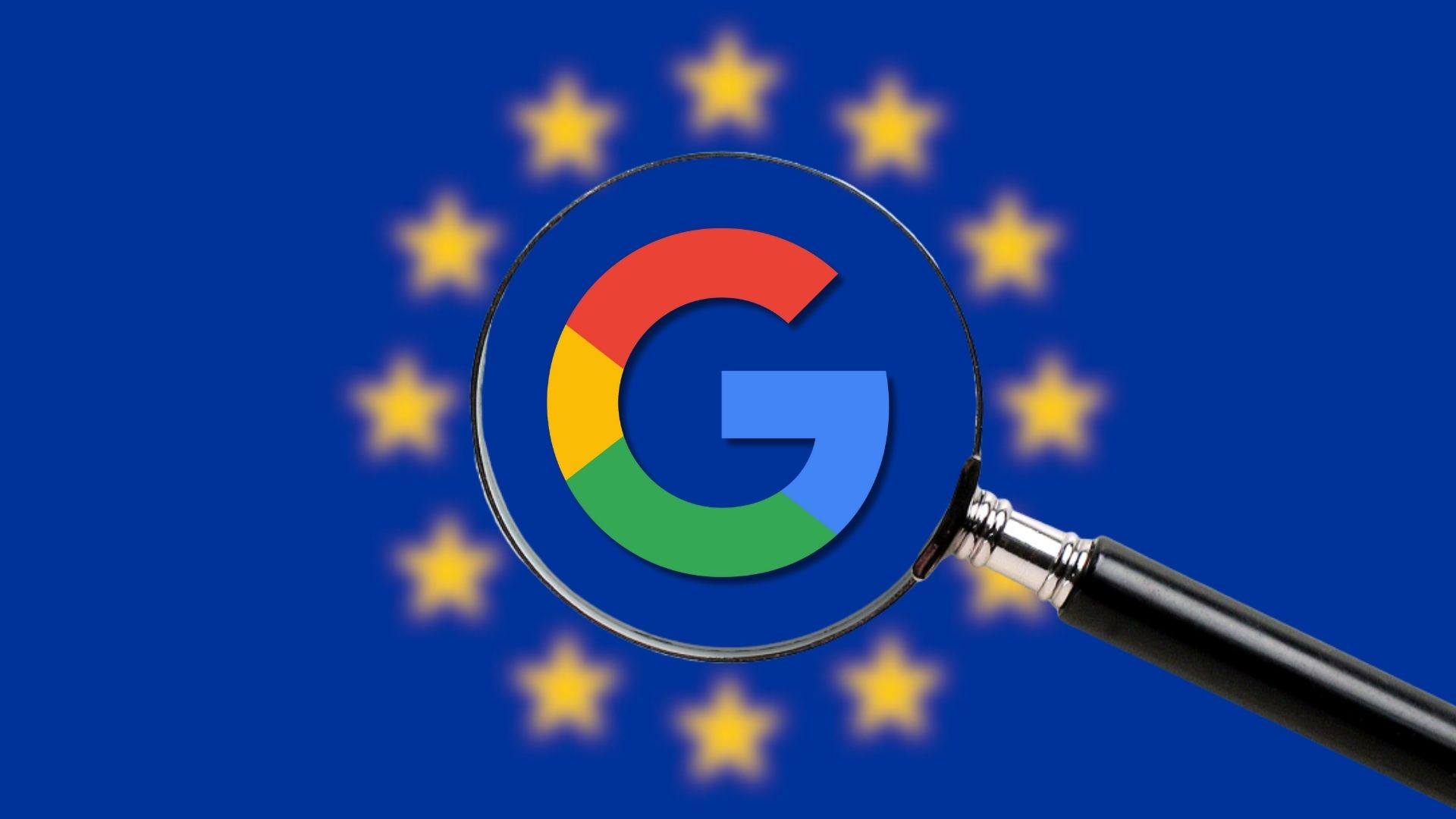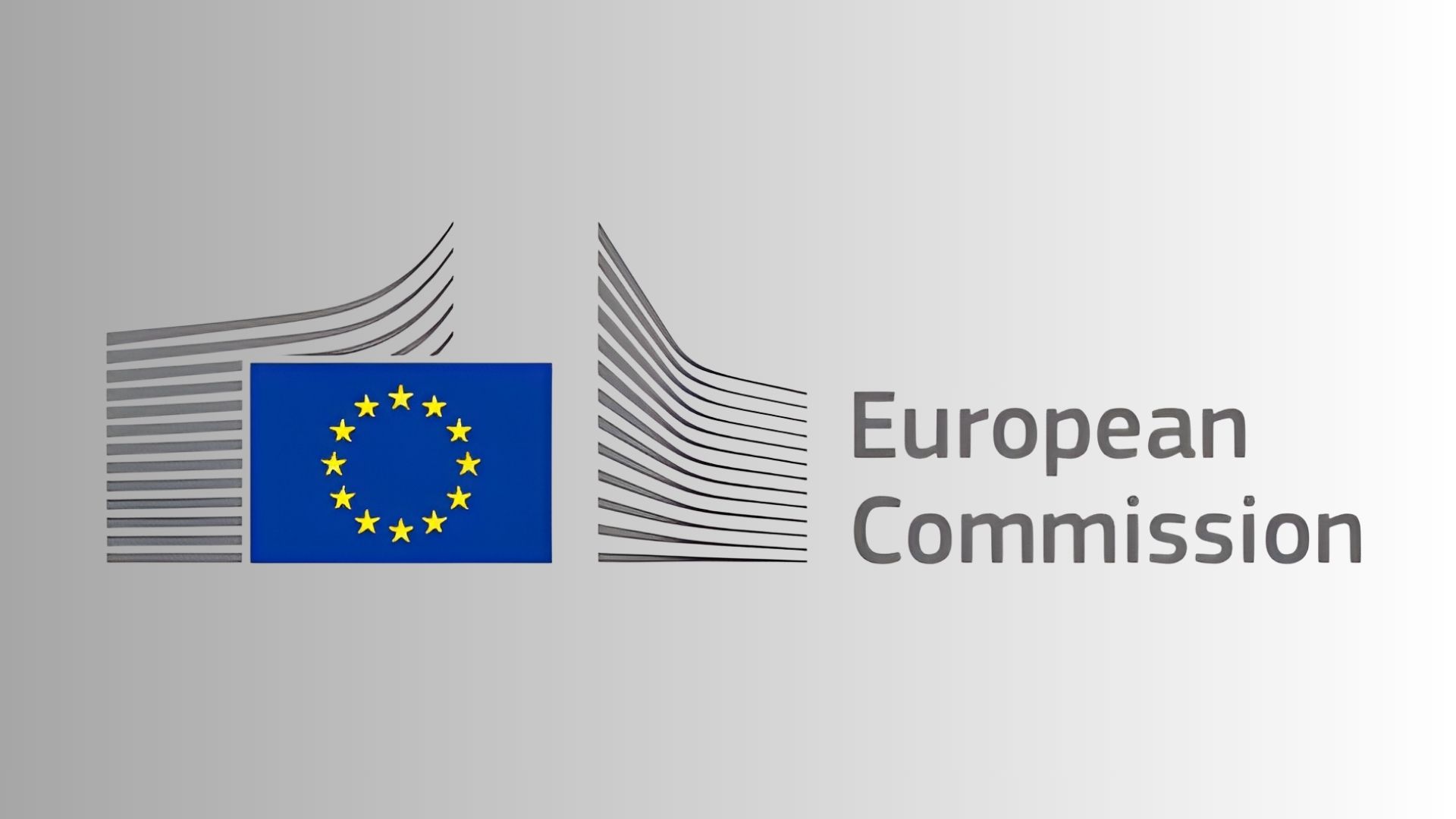European firms continue to invest actively despite a volatile global environment, demonstrating resilience, innovation, and commitment to sustainability, according to the European Investment Bank (EIB) Group’s 2025 Investment Survey.
Across the EU, companies are expanding capacity, adopting advanced digital technologies, and pursuing green investment to strengthen competitiveness.
Spanish firms, for example, are optimistic about their sector, prioritising capacity growth, using generative AI, and investing in energy efficiency and climate risk insurance.
Digital transformation is accelerating across the continent. Austrian and Finnish firms stand out for their extensive adoption of generative AI and multiple advanced digital tools, while Belgian companies excel in integrating digital technologies alongside green initiatives.
Czech firms devote a larger share of investment to capacity expansion and innovation, with high engagement in international trade and strategic use of digital solutions. These trends are highlighted in country-level EIB reports and reflect broader European patterns.
The green transition remains central to corporate strategies. Many firms actively reduce emissions, improve energy efficiency, and view sustainability as a business opportunity rather than a regulatory burden.
In Belgium, investments in energy efficiency and waste reduction are among the highest in the EU, while nearly all Finnish companies report taking measures to reduce greenhouse gases.
Across Europe, firms increasingly combine environmental action with innovation to maintain competitiveness and resilience.
Challenges persist, including skills shortages, uncertainty, high energy costs, and regulatory complexity. Despite these obstacles, European businesses continue to innovate, expand, and embrace international trade.
EIB surveys show that firms are leveraging technology and green investments not only to navigate economic uncertainty but also to position themselves for long-term growth and strategic advantage in a changing global landscape.
Would you like to learn more about AI, tech and digital diplomacy? If so, ask our Diplo chatbot!










